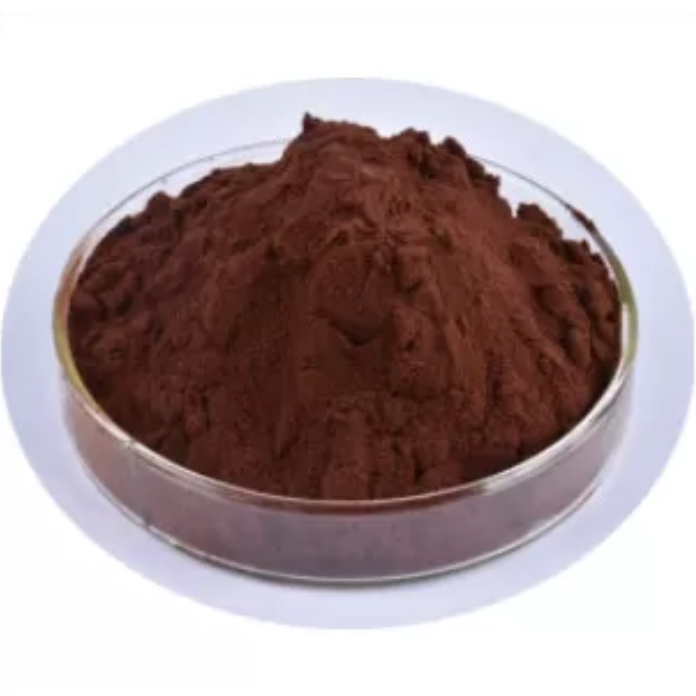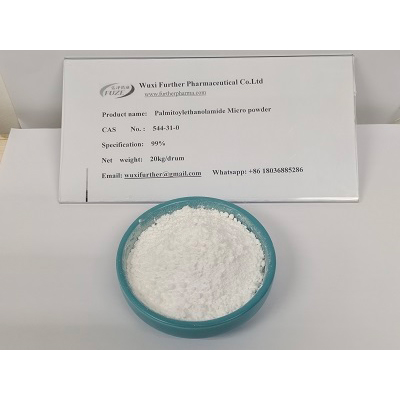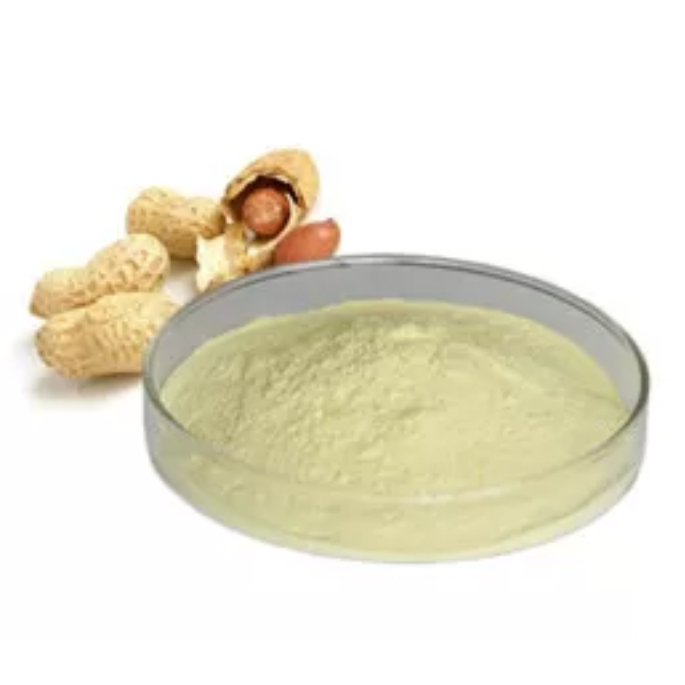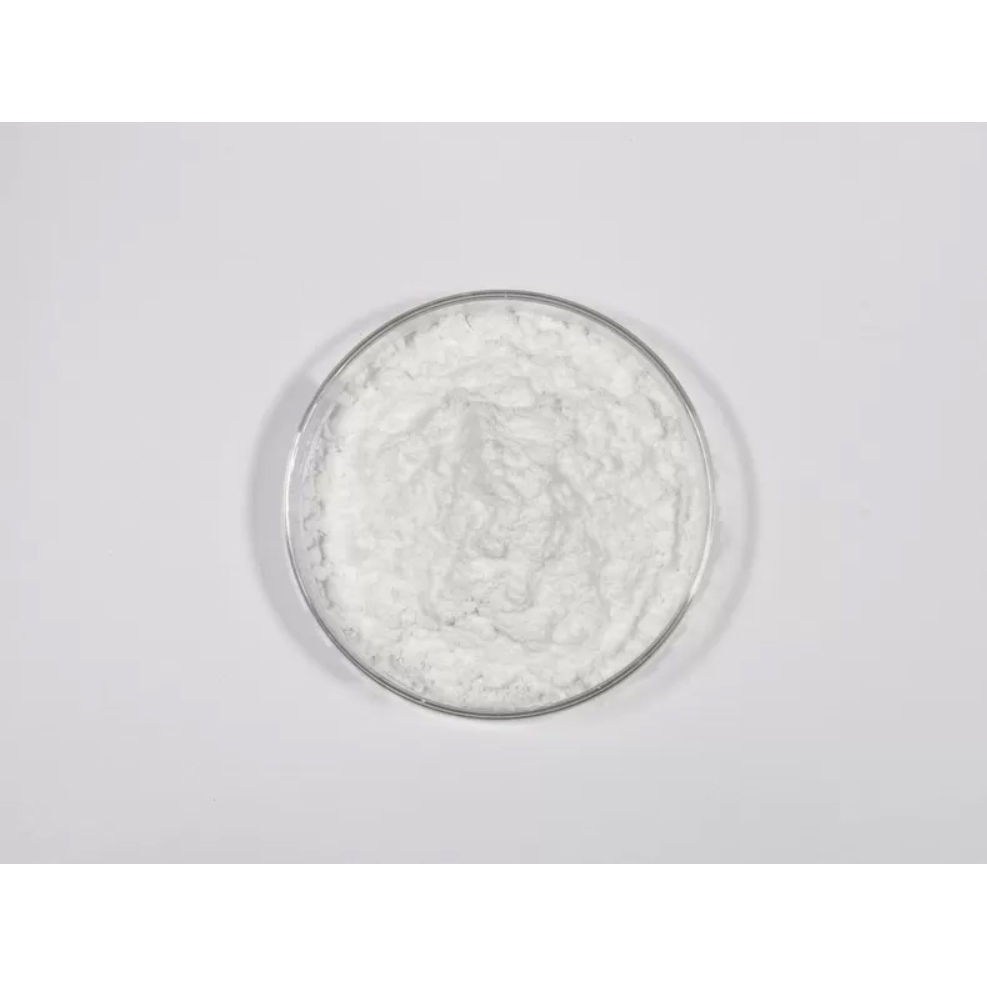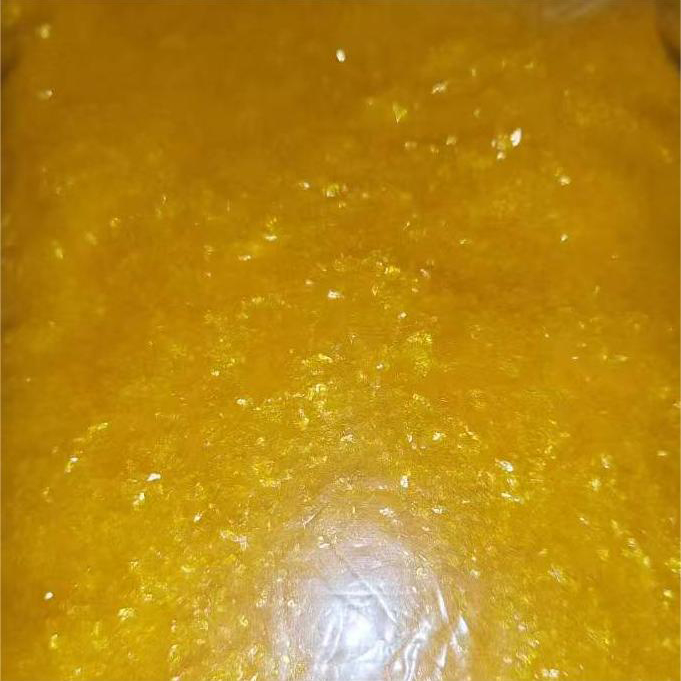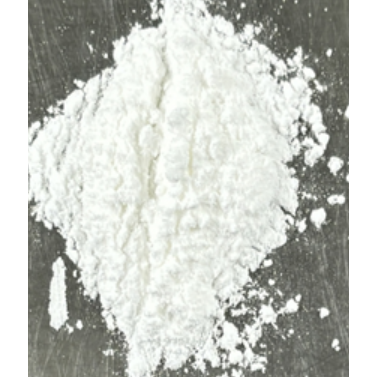PQQ Inhibitors PQQ Cofactor Coenzime PQQ Health Care Products CAS 72909-34-3
PQQ Inhibitors PQQ Cofactor Coenzime PQQ Health Care Products |
CAS No.: 72909-34-3 |
Purity: 99% |
Molecular weight: 330.23 g/mol |
Molecular formula: C14H6N2O8 |
Appearance:Red to reddish brown crystalline powder |
Package: 1g,10g,100g,1000g |
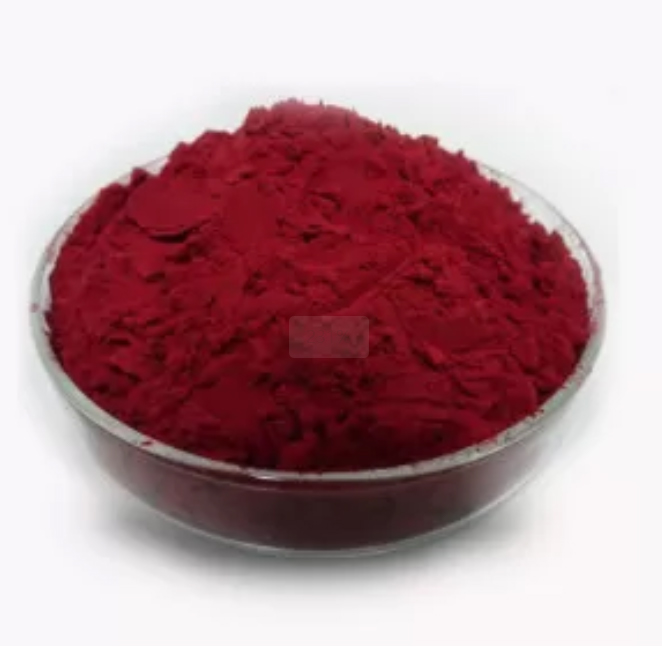
PQQ Inhibitors PQQ Cofactor Coenzime PQQ Health Care Products CAS 72909-34-3
MF:C14H6N2O8
CAS:72909-34-3
Form:Solid
Color:orange to red
Deja un mensaje
¡Te llamaremos pronto!
Querida,
Estoy interesado en PQQ Inhibitors PQQ Cofactor Coenzime PQQ Health Care Products CAS 72909-34-3, podría enviarme más detalles como tipo, tamaño, MOQ, material, etc.
¡Gracias!
Esperando su respuesta.
99% Antioxidant Powder
,Solid Antioxidant Powder
,72909-34-3
CAS 72909-34-3 PQQ Inhibitors PQQ Cofactor Coenzime PQQ Health care products
Description
Pyrroloquinoline quinone (PQQ) is a novel biofactor for which a proposition can be made for physiological importance. PQQ was first recognized as an enzyme cofactor in bacteria. It has recently been tentatively identified as a component of interstellar dust. Thus, PQQ may have been present throughout early biological conception and evolution. PQQ is also a potent plant growth factor. Consequently, for animals and humans, there has been constant exposure to PQQ. In animals, PQQ is reported to participate in a range of biological functions with apparent survival benefits (e.g., improved neonatal growth and reproductive performance). There are also benefits from PQQ supplementation related to cognitive, immune, and antioxidant functions, as well as protection from cardiac and neurological ischemic events. Although PQQ is not currently viewed as a vitamin, its involvement in cell signaling pathways, particularly those important to mitochondriogenesis in experimental animal models, may eventually provide a rationale for defining PQQ as vital to life. For humans, such evidence suggests there may be similar parallels or benefits from improving PQQ status.
Chemical Formula:
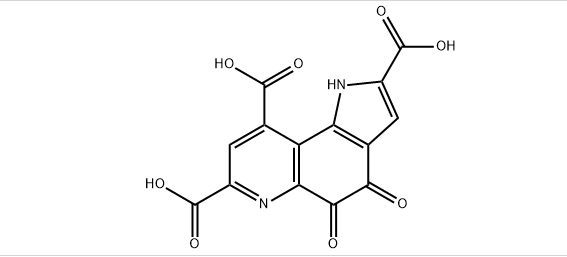
Basic Parameters:
| MW | 330.21 |
| Melting point | 222 - 224°C |
| Stability | Light and Temperature Sensitive |
| Solubility | DMSO (Slightly), Methanol (Slightly) |
| Storage condition | dry and cool environment |
Uses:
Pyrroloquinoline quinone is an important growth factor for the body and a redox/cofactor found in a a class of enzymes called quinoproteins. It is a cofactor of microbial quinoprotein enzyme, and imidazopyrroline. it regulates the level of free radicals in the body, protects the body; anti-oxidative damage; enhances mitochondrial function; detoxification; disease, etc.
Application:
Pyrroloquinoline quinone has been used:
as a component of nanocurcumin formulation (NCF), to study its therapeutic effect on ameliorate hypoxia-induced stress in hypertrophied cardiomyocytes.
as a standard in fluorescence analysis.
to test its efficiency in suppressing restrained oxidative stress and hepatic fibrogenesis in mouse models.
Pyrroloquinoline quinone(PQQ) has been reported to function as a water soluble vitamin/cofactor and as an antioxidant. PQQ disodium salt is proposed for use due to its nutritive value in the United States (U.S.) in foods, such as energy, sport, and isotonic drinks; non-milk based meal replacement beverages; water (bottled, enhanced, fortified); milk-based meal replacement beverages; cereal and granola bars; and energy, meal replacement, and fortified bars. PQQ is also intended for use in dietary supplements.
What is Pyrroloquinoline quinone good for?
PQQ supplements are often used for energy, memory, enhanced focus, and overall brain health.
Is PQQ better than CoQ10?
As a result, PQQ improves energy production. It works with coenzyme Q10, a well-known compound that is also critical to mitochondrial function. What makes PQQ even more important than CoQ10 is that our cells can produce CoQ10, but they cannot produce PQQ.
Where is Pyrroloquinoline quinone found?
Pyrroloquinoline quinone (PQQ) is a compound found ubiquitously in plants, many simple and single cell eukaryotes (e.g., yeast), and certain bacteria.
What is the mechanism of action of Pyrroloquinoline quinone?
Pyrroloquinoline quinone (PQQ) influences energy-related metabolism and neurologic functions in animals. The mechanism of action involves interactions with cell signaling pathways and mitochondrial function. However, little is known about the response to PQQ in humans.
When should I take PQQ supplement?
As a supplement for cognitive, cardiovascular, or mitochondrial health we recommend taking a dosage of 20 – 40 mg (1-2 capsules) per day on an empty stomach.
References:
https://www.webmd.com
www.chemicalbook.com
https://www.sciencedirect.com
https://pubmed.ncbi.nlm.nih.gov
https://doublewoodsupplements.com
Recommended Products


